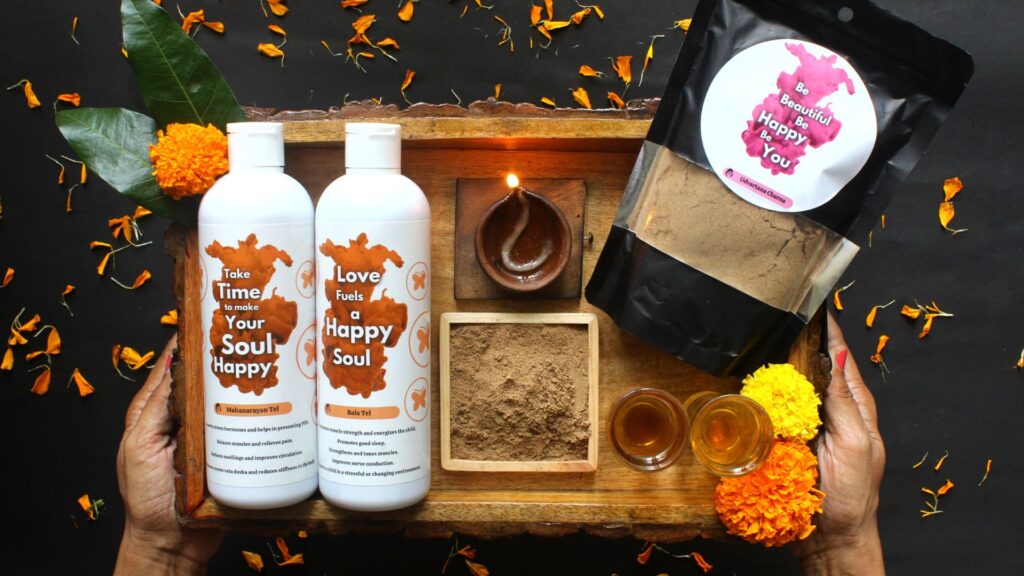
Abhyanga Snanam – Ayurveda’s take
For many out there Diwali is the festival of lights. But If you ask me what is Diwali, I would say “Diwali is a wisely
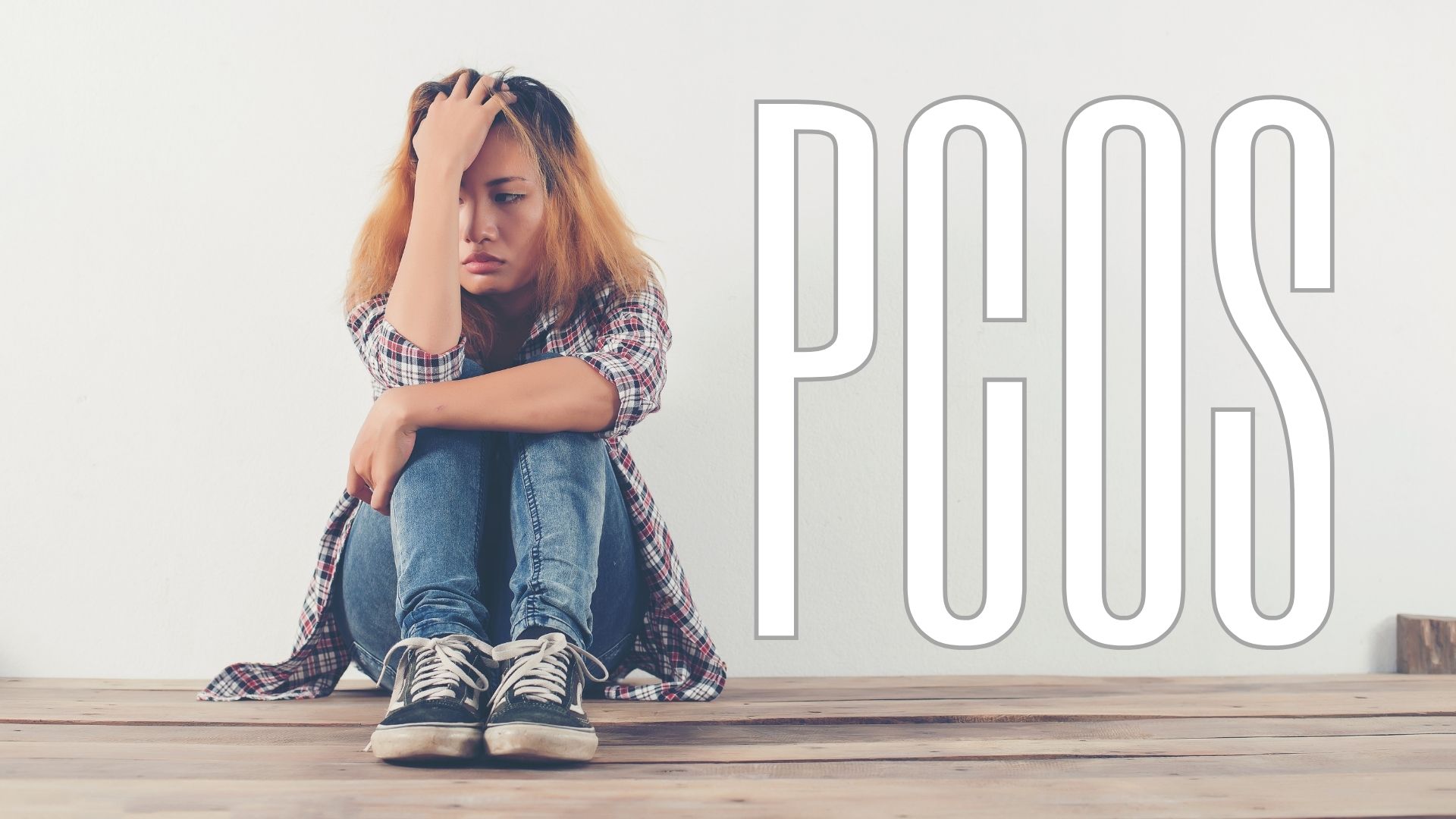
College lanes, Office cafeteria, kitty party table, Social media, WhatsApp, PCOS are discussed everywhere. 1 out of 5 women in India is known to suffer from PCOS. Global statistic says 1 in 10 women suffer from PCOS, PCOS is as common as cold and cough.
Does its normalization make it less severe? NO! PCOS i.e. polycystic ovarian syndrome is a serious condition that needs attention and treatment.
Symptoms like irregular or no periods, abnormal USG findings, elevated male hormone levels which show male characters, Obesity, etc. indicate PCOS. Let us dig into these symptoms –
Science says women should get their menses every month. Normally the cycle should be on average 28 days but considering the environmental factors and lifestyle changes the cycle between 21-35 days is also considered normal.
In PCOS conditions, a woman’s cycle is delayed with a gap longer than 35 days. On average, she gets 8 or less than 8 cycles per year along with either heavy bleeding or very scanty bleeding. Such menses are highly unpredictable too.
PCOS patient’s ultrasonographic image looks like a garland of pearls i.e. follicles arranged peripherally in the ovary. There are about 12 or more follicles measuring 2–9 mm in diameter.
PCOS patient has elevated levels of androgenic hormones i.e male hormones either biologically or symptomatically. Biologically would mean testosterone level is found higher whenever tested, while symptomatically would mean person shows symptoms like hirsutism i.e. unwanted hair growth with the abnormal distribution. Such growth can be seen on the chin, upper lips, On the portion of shoulders, chest, abdomen, thighs, etc.
Complaints like hair fall, dandruff, greying of hairs, split ends, etc are also very significant.
Due to more androgen, the sebaceous gland underneath the skin is active, and they secret a lot of sebum which then erupts in form of acne on the skin. Along with the face, acne is found on the chest and back area. Skin becomes oily and appears shinier.
Other skin-related complaints like blackening of skin at the area of neck, axilla, and groins are also seen which is called Acanthesis nigricans.
In PCOS, majorly fat is deposited on the abdomen, shoulders appear broad, Chest sides appear humpy, her body appears to be male-like.
Xanthelasma i.e. small skin tags around the area of your eyes are found
Along with these symptoms, some changes at the psychological level like depression, anxiety, irritability, confusion, mood swings, memory loss, etc. are also found.
In the normal menstrual cycle, the brain secrets a hormone called GnRH, a Gonadotropin-Releasing Hormone. GnRH stimulates the pituitary to secrete FSH (Follicle Stimulating Hormone) and LH (Luteinizing Hormone) in the bloodstream through which it reaches the ovary.
In the ovary, hormones help the egg or follicle to mature which further travels to the uterus. In the uterus, if it fertilizes then it stays there and if it doesn’t fertilize then it sheds down and is set out of the system via menses.
In PCOS conditions, a hormone is secreted abnormally i.e. not in a regular pattern and very rapidly throughout the day which affects LH and FSH levels.
FSH allows the follicle to grow from a primary follicle to the dominant follicle. Due to less secretion of FSH, follicles aren’t matured hence the absence of menses. Since follicles are not released, they stay in ovaries and end up depositing giving a garland-like appearance.
If LH is over-secreted, it stimulates the ovaries to secrete more androgenic hormones i.e. male hormones which are majorly testosterone, which elevates male-like characters like hirsutism, abnormal weight gain/obesity, acne on your face, etc.
In insulin-resistant patients, an increased level of IGF-1 (Insulin Growth Factor 1) also increases which further stimulates the LH levels to rise. Elevated LH levels, in turn, increase androgenic hormones and results in PCOS.
An imbalance between FSH and LH ratio leads to symptoms in PCOS, Ayurveda co-relates PCOS to vaat prakopa in the body. Insulin resistance is co-related with kapha avrodha or sroto avrodha.
Ayurveda has always stated that an unhealthy mind gives rise to an unhealthy body, an emotionally suffocated mind starts vomiting body illnesses. A recent study states that 1/3rd of women who are suffering from gynecological conditions also suffer from psychological conditions.
Let us list the causative factors –
As technology is gearing up society is reaching an unnatural level of sickness. Everything is controlled by AI (artificial intelligence), it’s just a matter of a click of a button. Due to less physical activities, life is more sedentary resulting in fat deposition in adipose tissue.
In normal ovaries, androgen is converted into estrogen (estradiol – E2) by aromatization. Due to fat deposition, aromatization takes place in adipose tissue instead of ovaries, termed peripheral aromatization. In peripheral aromatization, estrone (E1) is released which is a less potent estrogen. Estrone (E1) increases LH and reduced FSH levels, resulting in immature follicles and the absence of menses.
Stress could be Mental (maansik) or Physical (sharirik)
Ayurveda finds rajo and tamo guna i.e. stress responsible for PCOS.
Adrenal glands are small glands situated on top of kidneys and are called stress glands. Whenever in stress, the adrenal gland releases the hormone cortisol which allows the body to send more blood to the brain and more glucose to muscles letting the body act faster to overcome the stressful condition.
If stress continues for longer times, the demand for cortisol also increases. To produce more cortisol adrenal borrows pregnenolone from progesterone and this affects the production of progesterone hormone. Progesterone regulates and lowers the rapid secretion of GnRH and LH, in the absence/lower amount of progesterone itself, LH is over secreted and hence the PCOS.
A sedentary lifestyle is a result of improper and unhealthy diet habits. The communication system between the gut i.e. intestines and brain is called as gut-brain axis or ENS i.e. an enteric nervous system which has control over endocrine functions and immunity of the body. Intestines are connected to the brain by a nerve called the vagus nerve.
CNS i.e. Central Nervous System consists of trillions of neurons that direct our body functions daily and the intestine consist of 500 million neurons that are connected to the brain.
The cells in the gut and digestive tract have the capacity to produce neurotransmitters that control emotions, moods, hormonal secretions, etc. 90% production of Hormone serotonin, aka happy hormone or anti-depressant hormone, is done in the gut while 10% in the brain. This shows the importance of diet on hormonal balance.
High fiber food like whole grains, nuts, seeds, fruits, etc contains prebiotic fibers and prebiotic can reduce human stress hormones to a great extent.
If a PCOS suffering person consumes spicy, junk, or fatty food, it enters the system and vitiates vata and kapha doshas, which lowers digestive fire (agnimaandya) hence providing less nutrition to dhatus.
1. The first is rasa dhatu and the updhatu of this is raja which is menstrual flow. If the rasa dhatu is not nourished properly then there will be less menstrual flow i.e. PCOS.
2. The next is rakta and mamsa dhatu, these are responsible for color, complexion, and texture. If these dhatus are not nourished properly problems like acne, blackening of the skin or skin tags i.e. acanthosis nigricans and xanthelasma arise.
3. The next is meda dhatu, if it is not metabolized properly it leads to apachit meda vriddhi i.e. improper fat deposition leading to obesity.
4. asthi dhatu and kesha i.e. hair is upadhatu of asthi. If asthi dhatu is not nourished properly, hair fall, split ends, greying of hair is observed.
5. majja dhatu is responsible for the nourishment of brain cells. If majja dhatu is not nourished properly it results in mood swings, irritation, sad feelings, depression, etc.
6. shukra dhatu which is stree beeja or ovaries in females. If shukra dhatu is not nourished properly it results in immature follicles and hence anovulation.
Clearly, all seven dhatus and their ill – nourishment cause polycystic ovarian syndrome. Hence diet and modulations given by your doctor during the treatment of PCOS are of importance.
If the syndrome is present in a woman from birth itself, then it manifests at different stages of life whenever it finds the favorable atmosphere to express. In some girls, it is expressed at the time of puberty itself while in some women it is expressed after marriage and is diagnosed when she finds difficulty or failure in conception.
To summarize, what we eat, what we do, and what we think are the three main basic things responsible for the cascade of PCOS.

For many out there Diwali is the festival of lights. But If you ask me what is Diwali, I would say “Diwali is a wisely
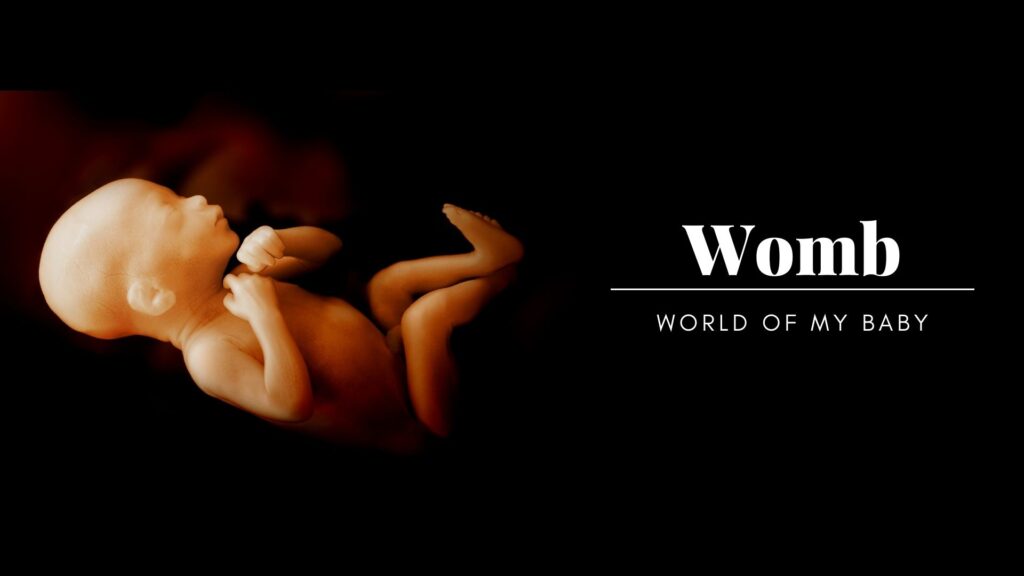
As the best parent, everyone tries to protect their child in all possible ways. Our parents did the same to us and still do it.
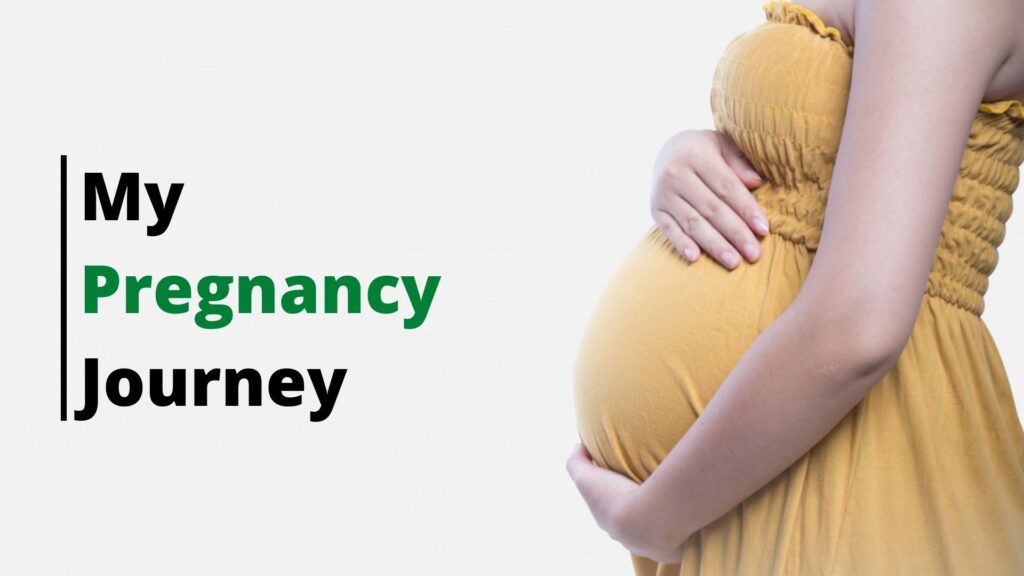
Besides being a Doctor, like every other pregnant woman I too had a lot of confusion regarding what essentials I should have to make my
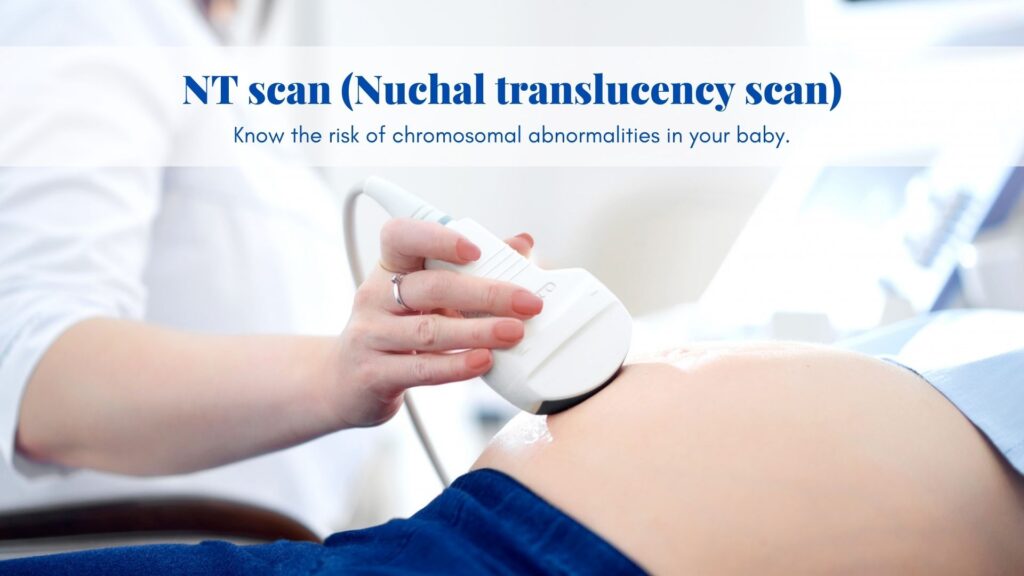
As a mother, I always had a hundred thoughts in my mind during my pregnancy. I always wanted to be sure about whether my baby
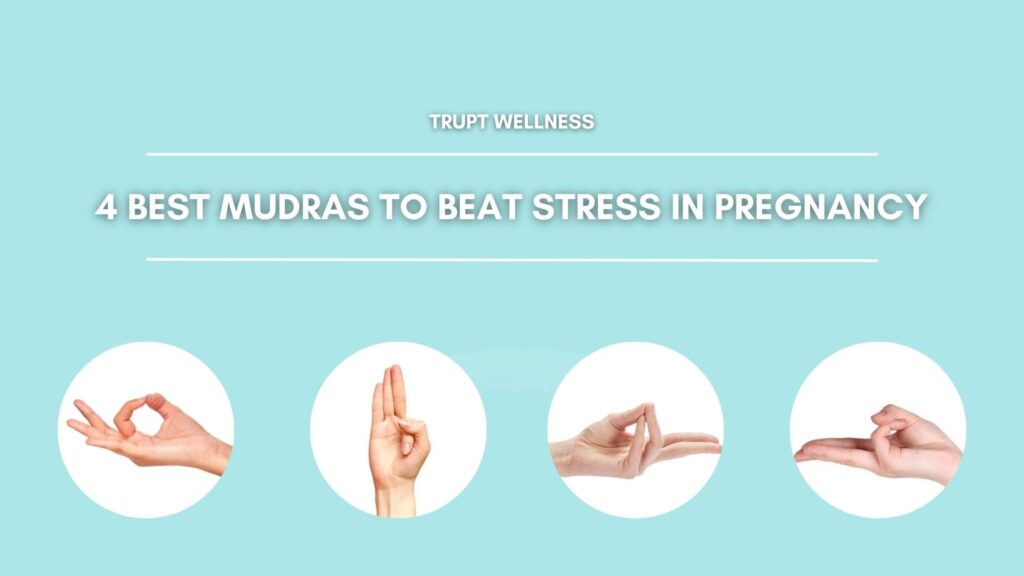
Are you dealing with stress in pregnancy? Have you ever desired for a quick and easiest remedy to charge you up in those depressed and
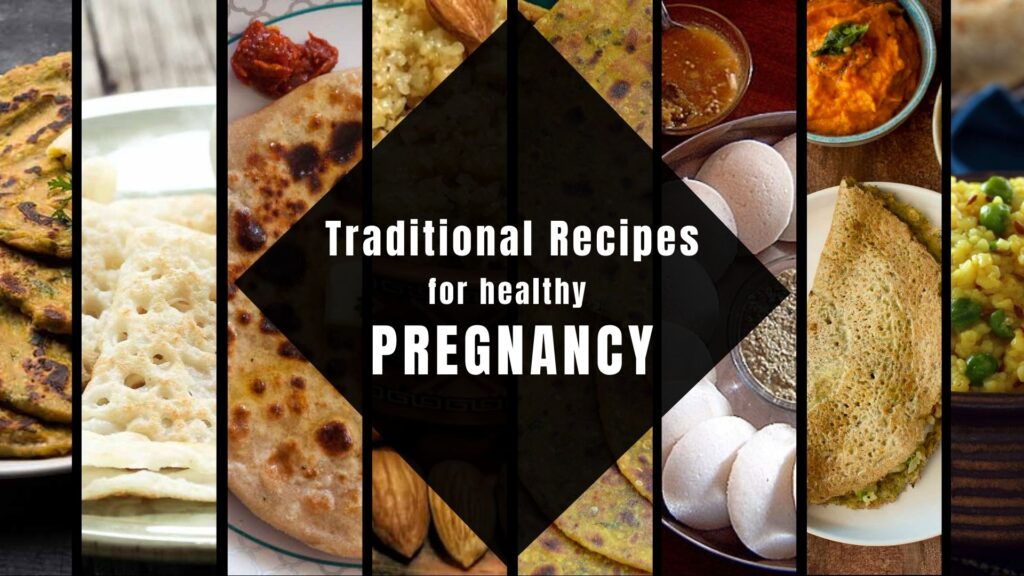
At their core, traditional recipes are a way of ensuring you’re eating what your body needs to stay healthy and feeling good. Each recipe has
Copyright © 2021 truptwellness | Powered by truptwellness
Any questions? Click for Consultation.